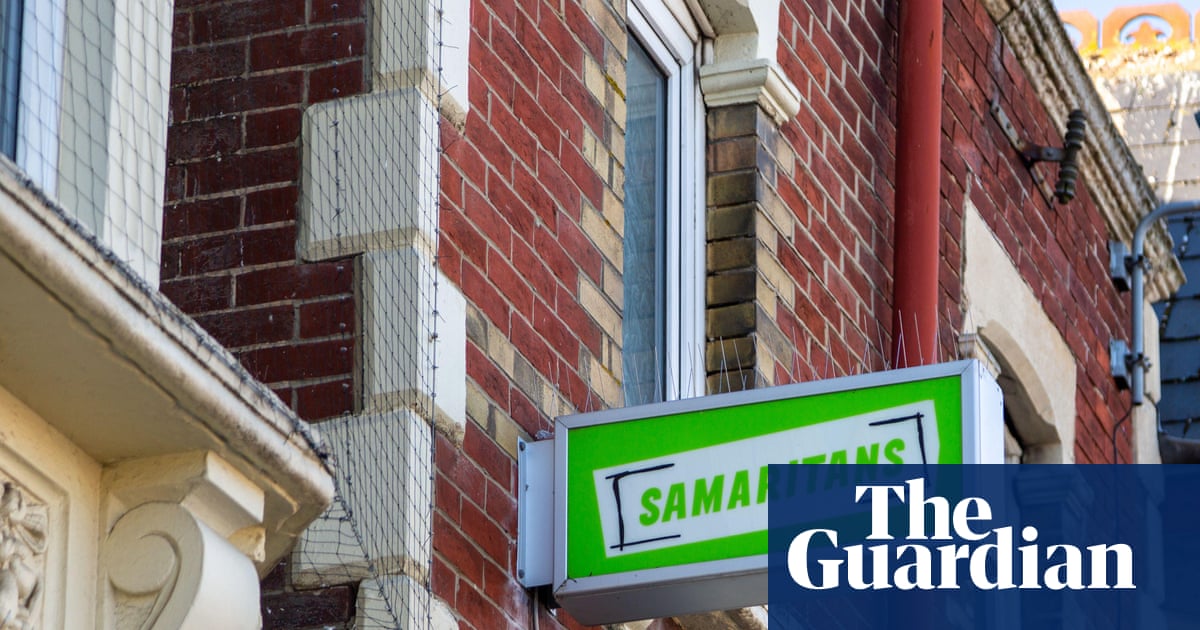
"Julie Bentley, the mental health charity's chief executive, told the Guardian the organisation will set up three-year regional projects co-created with volunteers to develop more efficient ways of working, including branch mergers and closures. She described the changes as evolution not revolution, but conceded the Samaritans would operate a smaller branch network in future. Change needs to happen, let's make sure it happens in a clear and considered way, she said."
"Proposals originally floated in July estimated about 100 branches roughly half the network would be shut down, triggering widespread dismay among volunteers concerned the charity would lose its local community roots and connections. A letter sent by Samaritans to its volunteers on Tuesday night no longer mentions branch closure targets, suggesting the charity has been bruised by strength of volunteer opposition since July when the proposals were first mooted."
"We acknowledge and understand the concern expressed about how the loss of any branch may impact morale and retention for some volunteers, the letter said. It has confirmed just how much local branches and local communities mean to our volunteers. But it confirms the three pilots in south-east England, Yorkshire and Humberside, and Scotland would examine how to reconfigure branches, considering all options including branch scale up, mergers, coalitions, clusters, relocations, and regrettably where needed, closures."
Samaritans plans three-year regional pilots co-created with volunteers to develop more efficient working methods, including mergers, coalitions, relocations and possible closures. The pilots will run in south-east England, Yorkshire and Humberside, and Scotland. Proposals originally estimated that about 100 of 200 branches could close, provoking volunteer concern about loss of local roots, morale and retention. The organisation intends to create fewer, larger regional branches to increase answered calls, shorten wait times and attract a broader volunteer base. Current answer rates of 70–80% are targeted to rise to 90%. The network is expected to become smaller and regionally consolidated.
Read at www.theguardian.com
Unable to calculate read time
Collection
[
|
...
]